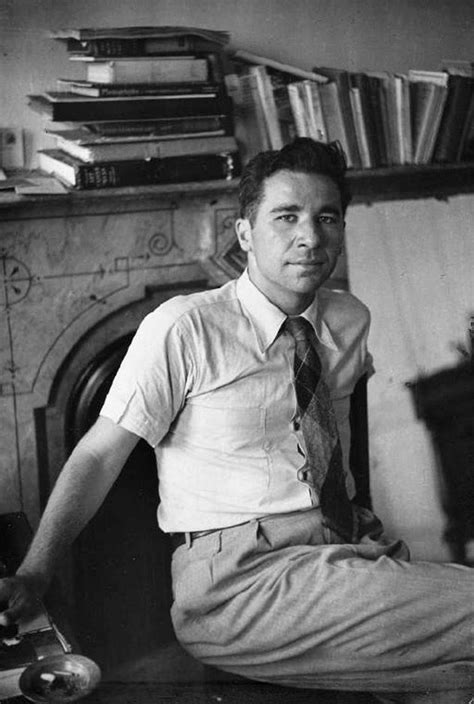A Quote by Miguel de Unamuno
And usually [the philosopher] philosophizes either in order to resign himself to life, or to seek some finality in it, or to distract himself and forget his griefs, or for pastime and amusement.
Related Quotes
A man who lies to himself, and believes his own lies becomes unable to recognize truth, either in himself or in anyone else, and he ends up losing respect for himself and for others. When he has no respect for anyone, he can no longer love, and, in order to divert himself, having no love in him, he yields to his impulses, indulges in the lowest forms of pleasure, and behaves in the end like an animal. And it all comes from lying - lying to others and to yourself.
Someone who does not draw strength from himself and who is incapable of finding the meaning of his life within himself will...seek the map to his own orientation somewhere outside himself-in some ideology, organization, or society, and then, however active he may appear to be, he is merely waiting, depending. He waits to see what others will do, or what roles they will assign to him, and he depends on them-and if they don't do anything or if they botch things, he succumbs to disillusion, despair, and ultimately, resignation.
A Christian should put away all defense and make no attempt to excuse himself either in his own eyes or before the Lord. Whoever defends himself will have himself for his defense, and he will have no other. But let him come defenseless before the Lord and he will have for his defender no less than God Himself.
He who does not meditate acts as one who never looks into the mirror and so does not bother to put himself in order, since he can be dirty without knowing it. The person who meditates and turns his thoughts to God who is the mirror of the soul, seeks to know his defects and tries to correct them, moderates himself in his impulses and puts his conscience in order.






































